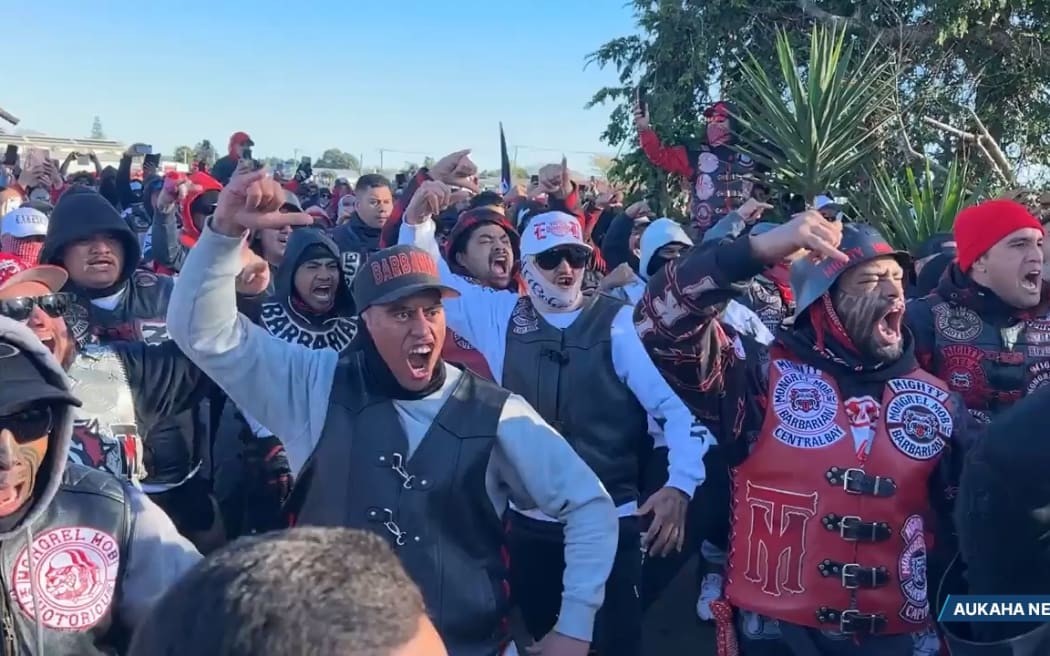New Zealand has a gang problem. There has been much discussion about this problem in recent weeks, especially with everyone gearing up for the election season. The takeover of Opotiki and Whakatane by gangs for a gang funeral resulted in David Seymour referring to this as "subhuman behaviour" and Winston Peters calling for all gangs to be designated as terrorist entities. The suggestion to temporarily designate particularly problematic gangs in South Auckland as terrorist entities was floated by Ted Johnston last year. I like the suggestion simply because it employs existing frameworks we have, ones that have been used against groups like the American Proud Boys, to solve a problem rather than implementing new complex legislation and regulations. Threatening them will likely be enough, if you are willing and able to follow through if needed.
We already have the tools to deal with these problems. Gangs flourish when law enforcement is weak. It's not poverty that makes gangs, but the lack of consequences for lawlessness.
Gangs provide comradery and hierarchies for young men who have nothing else to do in a social order that is deconstructing itself and increasingly gynocratic.
When the law is weak, gangs flourish. When the law is strong, gangs fade away. Nature abhors a vacuum.
El Salvador was an example of a gang-run state. Lawful government had disintegrated in decades of civil wars and corruption. In the past few years, President Nayib Bukele has deployed military forces and custom-built prisons to completely smash the gangs and make the streets of his country safe again. No, this is not likely to be a future picture of New Zealand, but an illustration on how gangs rise and fall solely based on the ability and willingness of governments to deploy force against them. What is a gang, but an illegitimate form of government? Gang power and activity is inversely correlated to that of the government.
We can certainly tolerate gangs to an extent if we like, and the social and political will to remove them completely may not be there at the moment, but the gangs must always know who is boss.
When the government fails to properly enforce its laws and make its power felt, the power of the local mob will grow. The crime wave that we are experiencing is solely due to Labour's soft approach to crime and the lack of consequences for young thugs.
Even conservative politicians fallback to "soft" liberal talking points. I witnessed it at a political meeting this week, when everyone across the spectrum defaulted to answers on crime that focused on providing support to youth offenders, rehabilitation, reducing poverty, funding social programmes, and so on. These are easy answers, but the real answer can be seen by looking to countries that have strict social, religious, and civil repercussions for criminal behaviour. No social program can be substituted for the iron rod of justice.
These little "governments" have formed because our "gang"—the police and courts—are unwilling and unable to enforce the law equally and consistently.
